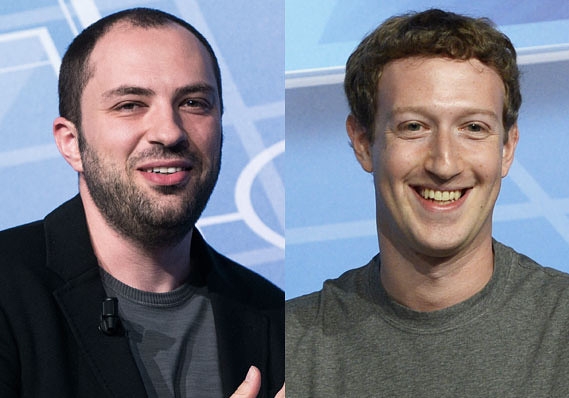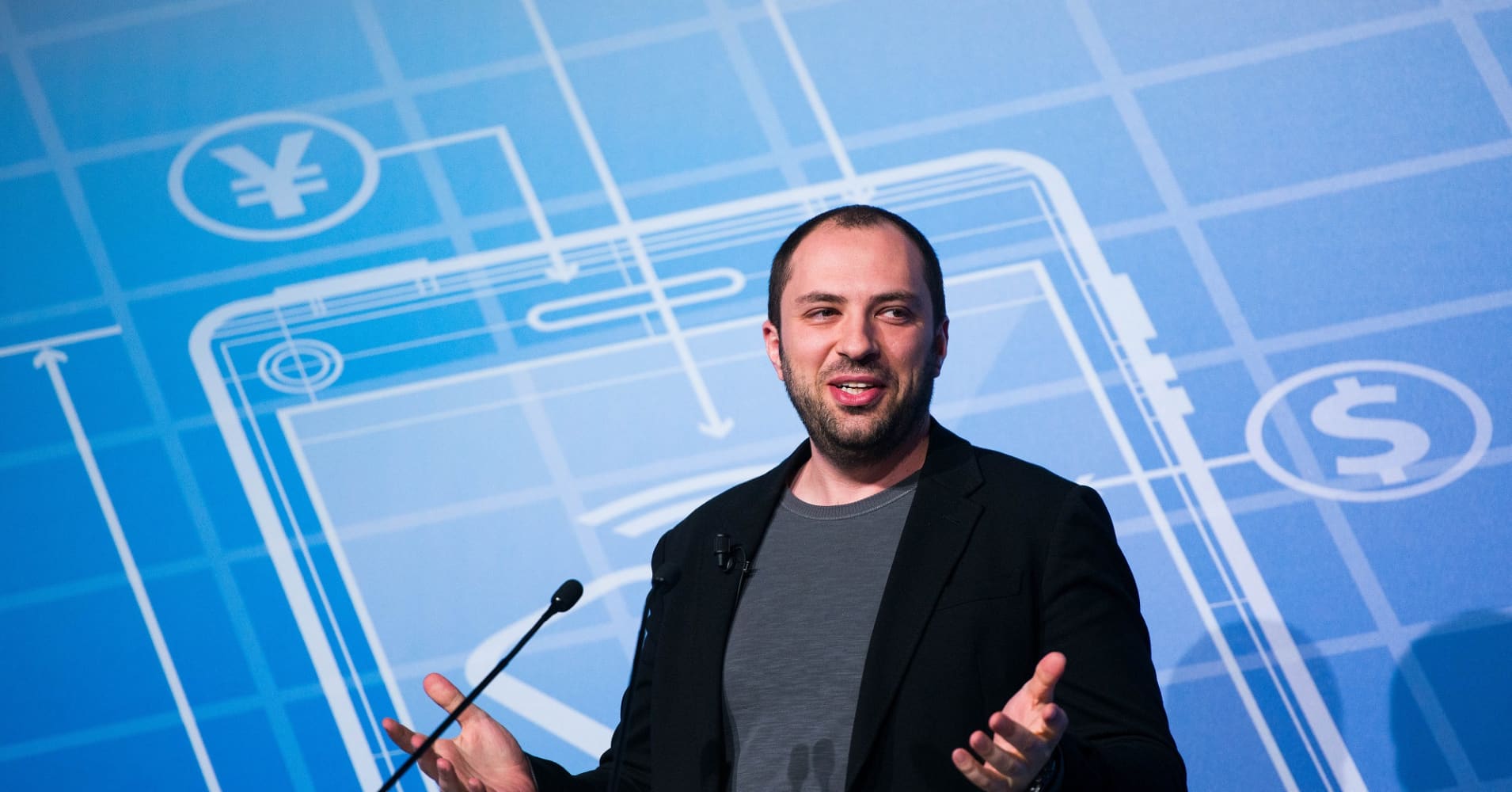
 How WhatsApp is Slowly Sacrificing Privacy: Important
How WhatsApp is Slowly Sacrificing Privacy: Important
In the last few days, news has broken about WhatsApp’s latest app update. Concerns have been raised about the data sharing policies, whereby the messaging service, which was bought by Facebook in 2014 for a staggering $19,000,000,000 (that’s 19 billion) will share information and even messages with its parent company.
In the user agreement, WhatsApp states that “Facebook will not use your WhatsApp messages for any purpose other than to assist us in operating and providing our Services”. This small sentence may seem fairly harmless, but there is a lot going on under the surface. To begin with, the services that are mentioned over 200 times in the document are never actually defined, which is strange given how specific they are about all the other terms used. This vagueness makes a lot of room for justification of data sharing - at any point, WhatsApp can say that the information they are giving to Facebook is to improve business intelligence, without actually specifying what this means.
In addition, this statement is in contradiction with other parts of the document, which say that “We do not retain your messages in the ordinary course of providing our Services to you”. How can messages be shared with Facebook if they are not retained? The first statement also directly contradicts the promise made by Jan Koum, CEO and co-founder of WhatsApp, back in November 2009 on the WhatsApp blog. He said that “We have not, we do not and we will not ever sell your personal information to anyone. Period. End of story.”
 Jan Koum
Jan Koum
The dodgiest thing about this, however, is that WhatsApp will be sharing data and messages with Facebook despite having been told since 2016 not to do so. Germany, the UK and France all warned WhatsApp against the move, and the French watchdog, the Chair of the National Data Protection Commission (CNIL) even went so far as to conduct an investigation and to have the company attend hearings and surrender information (the latter of which WhatsApp pointedly did not do).
Privacy advocacy groups such as The Electronic Privacy Information Center (EPIC) and The Center for Digital Democracy (CDD) have requested that users be able to opt out of the data sharing move, but this has so far been ignored.
Whilst it may seem at first glance that a huge conglomerate is coming under scrutiny, the bigger picture is that consumers of technological services such as social media are being asked to continue surrendering more and more of the privacy, in return for ‘improved Services’, security and convenience. It is hard to see what can be done when such a large organisation refuses to comply with the desires of the people that keep it alive, but hopefully, they will give back the right to decide what is done with personal messages and information to the rightful owners.
:format(webp)/cdn.vox-cdn.com/uploads/chorus_image/image/49519003/mark-zuckerberg-getty.0.jpg)
